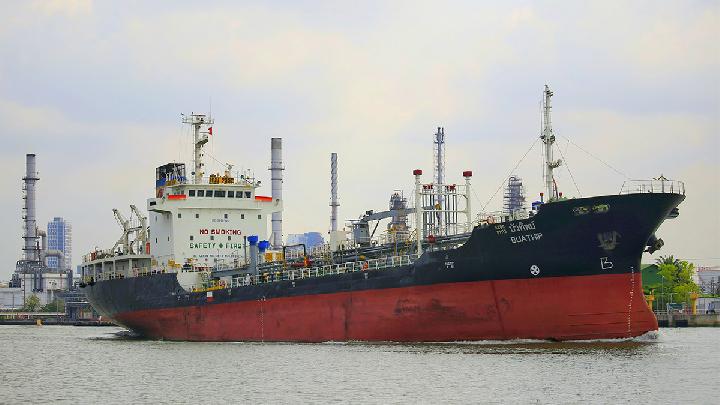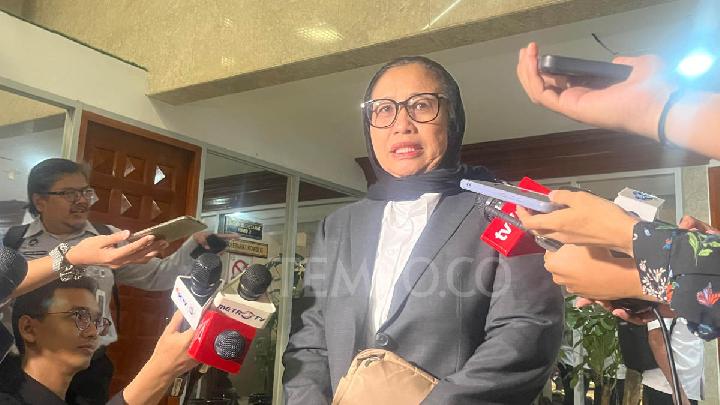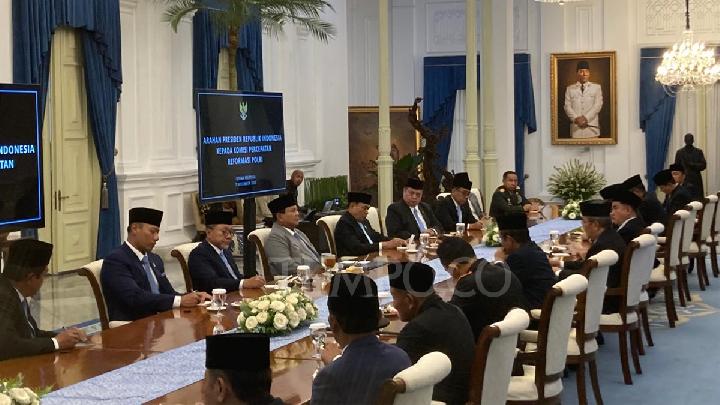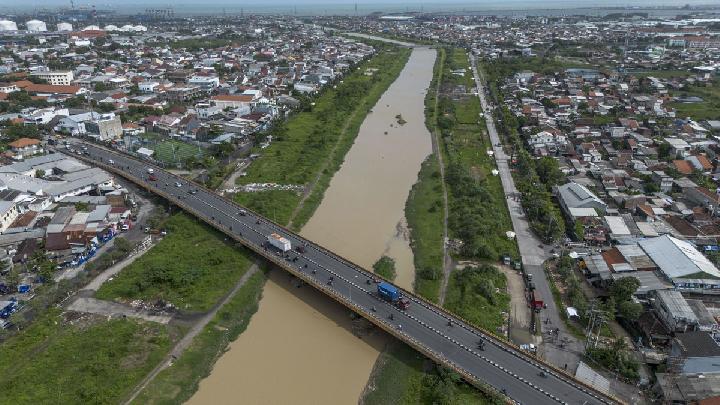October 23, 2025 | 06:54 pm
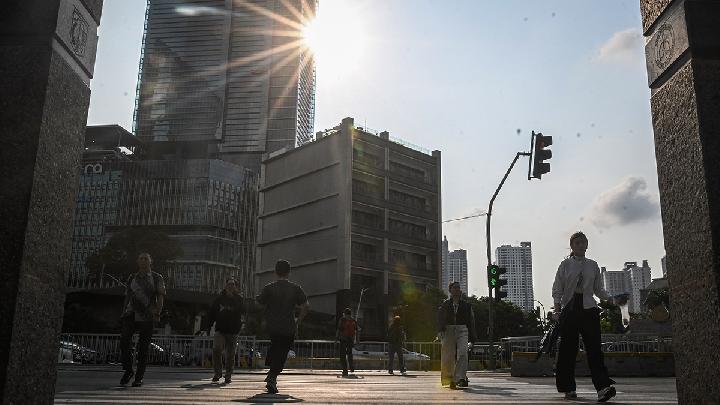
TEMPO.CO, Jakarta - IPB University's Geophysics and Meteorology Department lecturer, Sonni Setiawan, revealed another theory about the recent heatwaves affecting various regions in Indonesia. The Meteorology, Climatology, and Geophysics Agency (BMKG) and researchers from the National Research and Innovation Agency (BRIN) previously stated that the high temperatures during the day were due to the apparent shift of the sun to the southern part of Indonesia. Another reason is the dry air mass from the Australian monsoon.
According to Sonni, the daily maximum temperature rise is also related to the absorption of electromagnetic field radiation by the atmosphere. This condition affects changes in air temperature, especially in the lower tropospheric layer.
The atmosphere acts as a medium that receives radiation from two main sources: the Sun and the Earth. "Radiation from the sun is called shortwave radiation, while radiation from the Earth is called longwave radiation. Both have different absorption spectra," said Sonni in a written statement on Thursday, October 23, 2025.
Sonni mentioned that solar radiation is mostly absorbed in the stratospheric to thermospheric layers, especially in the ultraviolet (UV) spectrum. Meanwhile, longwave radiation from the Earth's surface is predominantly absorbed by the tropospheric layer in the infrared (IR) spectrum. The amount of radiation energy absorbed by the atmosphere depends on the density of absorbing particles and the intensity of the received radiation.
"The higher the concentration of absorbing particles, the greater the energy absorbed, thus increasing the air temperature," he said.
According to Sonni, two main factors can trigger air heating in the lower atmospheric layer. First is the increase in the concentration of longwave radiation-absorbing gases, such as water vapor and carbon dioxide (CO2), as well as aerosol particles from pollutants and dust. This process is known as the greenhouse effect, where heat from the Earth is trapped in the atmosphere.
The second factor is the change in land cover due to the conversion of green areas into built-up areas. This change is believed to impact the Earth's surface heat capacity.
A surface with low heat capacity, such as concrete or asphalt, absorbs and releases heat more quickly than soil or vegetation. "This increases the surface temperature and strengthens the heating of the air in the lower layer," he said.
The Earth's astronomical position also affects the variation of received radiation. In October, the sun is almost directly above Java and Bali. As a result, these two regions receive a higher intensity of solar radiation.
"This phenomenon is a natural physical process that occurs every year. However, the temperature will feel more extreme when influenced by changes in land use and increasing pollutants in the atmosphere," said Sonni.
Editor's Choice: 3 Key Factors Behind Java's Sudden Shift from Scorching Heat to Humid Weather
Click here to get the latest news updates from Tempo on Google News
3 Key Factors Behind Java's Sudden Shift from Scorching Heat to Humid Weather
1 hari lalu

BRIN explained that Java's weather transition is being driven by a combination of global and regional atmospheric factors occurring simultaneously.
Best Places to Visit in Java: From Popular Spots to Hidden Gems
3 hari lalu
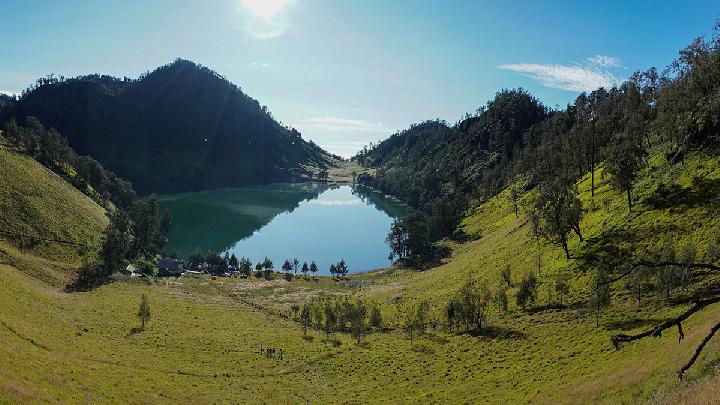
Discover the best places to visit in Java, where ancient temples, volcanic wonders, and tropical escapes meet vibrant cities and cultural treasures.
How to Prevent Migraines During Scorching Hot Days
6 hari lalu

The recent extreme heat has undeniably caused health problems, including migraines.
BMKG Warning: Hot Weather to Persist Across Java Until Early November
7 hari lalu

BMKG attributes the hot weather, especially notable during the day and night, to a combination of the sun's apparent movement.
Why Indonesia's Temperatures in Urban Regions Are Rising
8 hari lalu

The ideal average maximum temperature for Indonesia's urban regions is 31-34 degrees Celsius, a range recently exceeded by recorded temperatures.
Scorching Heat in Jakarta, BRIN: Stay Alert for Evening Rainfall
9 hari lalu

Scorching heat with strong gusts has been affecting Jakarta and Tangerang in the last few days.
Indonesia to Evacuate Residents over Suspected Cesium-137 Radiation Leak in Banten
9 hari lalu
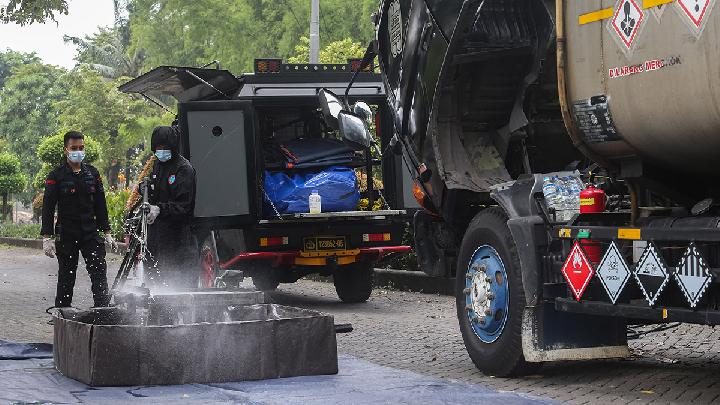
The police plan to evacuate residents living in the red zone, as they are considered the most vulnerable to cesium-137 radiation exposure.
US Restricts Indonesian Shrimp Imports Over Cesium-137 Contamination
10 hari lalu
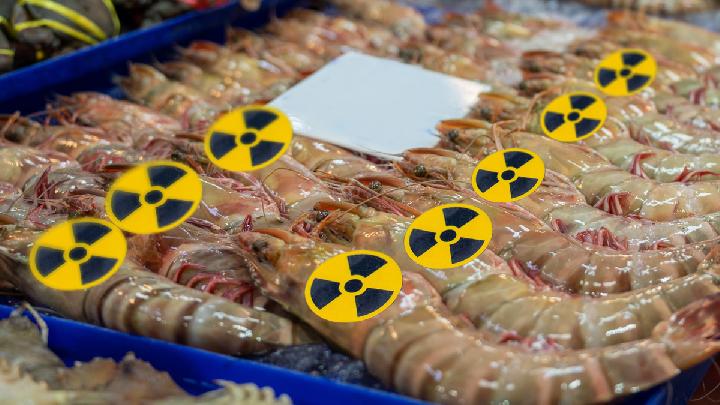
The warning follows the discovery of Cesium-137 contamination in some shipments of shrimp and cloves from Indonesia.
Joe Biden Undergoes Radiation Therapy for Prostate Cancer
11 hari lalu

Former U.S. President Joe Biden is currently undergoing radiation therapy following his diagnosis of prostate cancer in May 2025.
Indonesian Task Force Team Finds High-Radiation Materials in Cikande Industrial Area
18 hari lalu
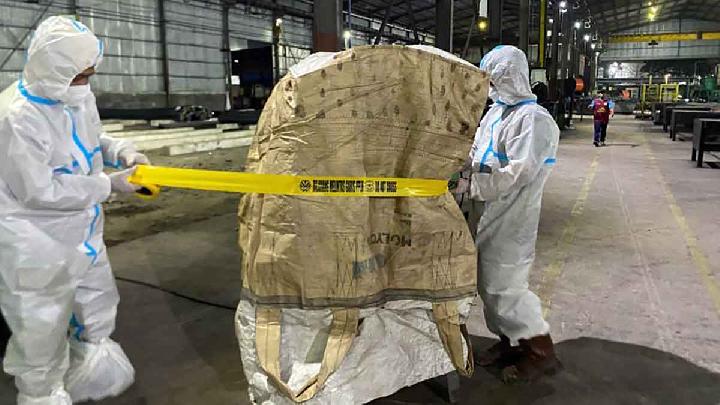
Indonesian task force discovers and evacuates two large bags and six drums with high levels of cesium-137 radiation in the Cikande Industrial Area.







